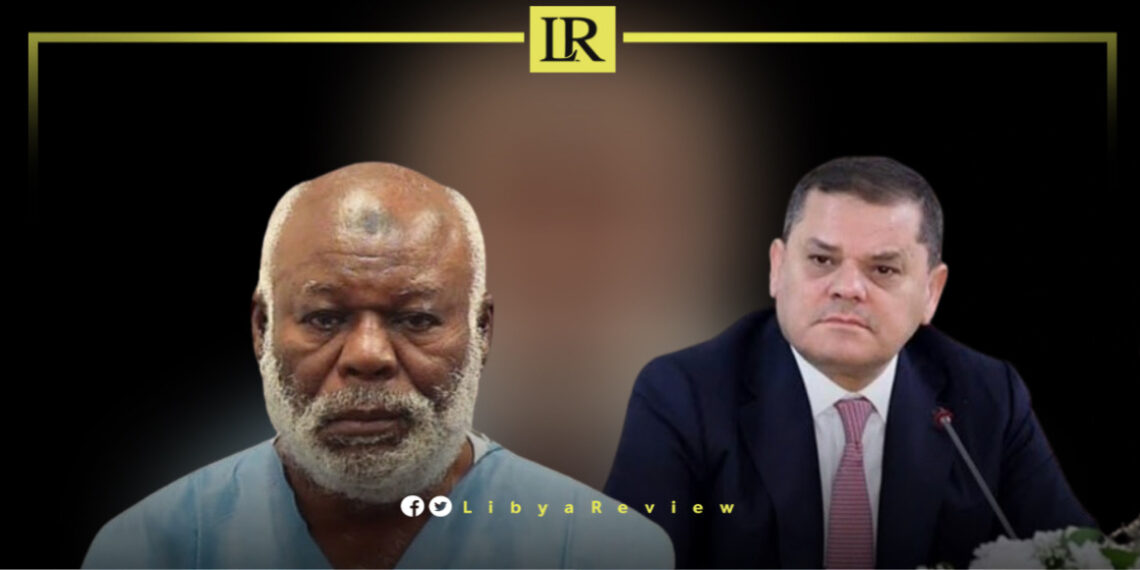The family of Abu Ajila Masoud, a former Libyan intelligence officer accused of involvement in the 1988 Lockerbie bombing, has accused Prime Minister Abdul Hamid Dbaiba of sacrificing Libyan citizens to maintain power.
Abdulmonem Al-Marimi, Masoud’s nephew, condemned the Government of National Unity (GNU) for secretly handing over his uncle to the US without legal justification.
He stated, “They took my uncle from his home, and the Dbaiba government did nothing for us. Then Dbaiba himself admitted he handed him over to the Americans. Every time my uncle calls from his detention in the U.S., he asks about his family, about Libya, and says, ‘Greet the soil of my country for me.’”
He accused the GNU of selling out its own people for political survival, saying, “This is not a government of unity or nationalism. Libyans are powerless, especially when we see our government handing us over and selling its own citizens.”
Masoud’s extradition to the US in December 2022 has sparked widespread outrage, as Libya and the US do not have an extradition treaty. His transfer was not reviewed by any Libyan court, raising concerns over human rights violations and Libya’s sovereignty.
Dbaiba openly admitted to authorizing the extradition, calling Masoud a terrorist, but provided no legal basis for his decision. The move has fueled accusations that Dbaiba is willing to sacrifice Libyan citizens in exchange for international favor and political survival.
Masoud’s family has vowed to pursue legal action against Dbaiba, accusing him of illegally surrendering a Libyan citizen to a foreign country. They have filed complaints with the Libyan Attorney General’s Office, demanding an investigation into the circumstances of the extradition.
The case has drawn international scrutiny, with human rights organizations questioning the legality of Masoud’s transfer. Human Rights Watch has called on both the U.S. and Libyan governments to clarify the extradition’s legal framework and ensure Masoud’s right to due process and legal representation.
As Libya continues to struggle with instability, Masoud’s extradition remains a symbol of a government prioritizing power over national dignity. The controversy has deepened public mistrust in Dbaiba’s leadership and may further destabilize an already fragile political landscape.


